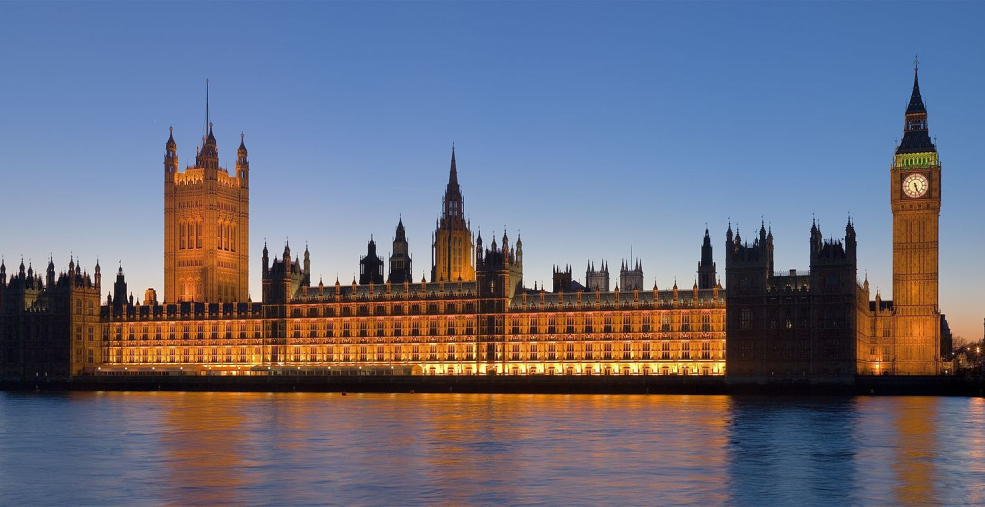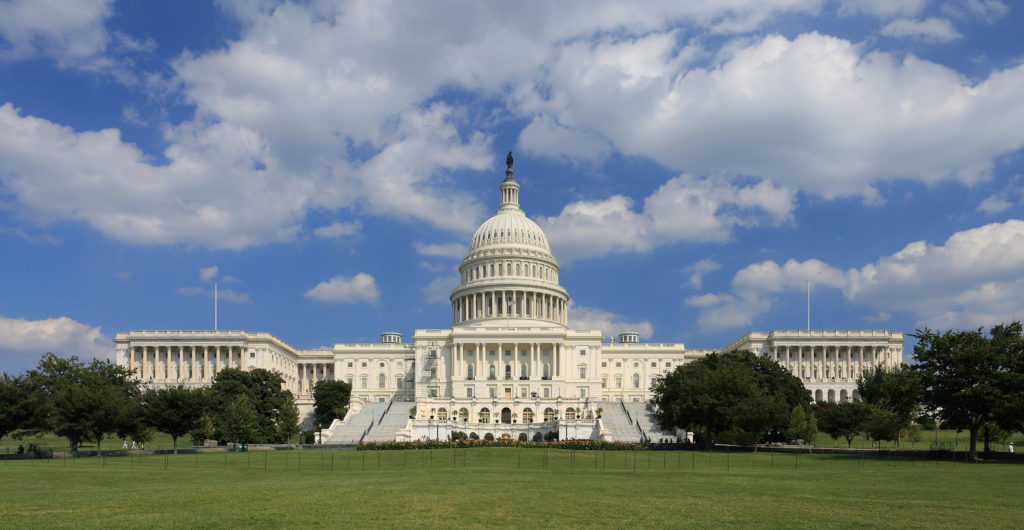Lest we Forget!
 During the 19th Century Great Britain reached the peak height of world power and domination. It was the much loved and cherished Victorian era and in 1897, the year of Queen Victoria’s “Diamond Jubilee,” one of Britain best loved poets, Rudyard Kipling, wrote a prophetic poem:
During the 19th Century Great Britain reached the peak height of world power and domination. It was the much loved and cherished Victorian era and in 1897, the year of Queen Victoria’s “Diamond Jubilee,” one of Britain best loved poets, Rudyard Kipling, wrote a prophetic poem:
God of our fathers, known of old, Lord of our far flung battle line, Beneath Whose awful Hand we hold, Dominion over palm and pine, Lord God of hosts, be with us yet.Lest we forget, lest we forget! Lo, all our pomp of yesterday is one with Nineveh and Tyre! Judge of the Nations, spare us yet,Lest we forget, lest we forget!
Historian G.M. Trevelyan wrote that “when George III came to the throne in 1760, the old-world system of economic and social life had undergone little change. Prosperity and personal independence, though very far from universal, were widely diffused.”
“The agriculturist or manufacturer in his cottage accepted his lot in life, whether easy or hard, as part of the order of things. It did not occur to him to question the frame work of society, or to regard the oligarchy under which he lived as an oppression.”
But a great spiritual awakening in England, Scotland and Wales swept the land and of it society was changed which in turn enhanced the living standards of man, brought an industrial revolution, enhanced human life, abolished slavery, built hospitals, schools, improved the standards of prisons and many social reforms were implemented. The British influence was beneficial for the whole world.”
The British and Foreign Bible Society was responsible for the Bible being translated into every language and made available for the first time to peoples all over the earth. What is to be noted is that the British Empire was not enforced by huge occupying armies. As a matter of fact, during the 19th century, the British army was so small and it was called “the thin red line”
The British administered justice, collected taxes, and enforced laws. They alone came into direct contact with the native populations in those countries…they worked hard and efficiently…there was minimum corruption and they upheld justice, peace, and order for several decades.” England as tiny as it is, emerged as the greatest, most extensive empire the world has ever seen.

Across the Atlantic many of the America’s founders knew that God is the one who blesses a nation and “Blessed is the nation whose God is the LORD; and the people whom he hath chosen for his own inheritance. (Psalm 33:12 KJV) The first permanent settlement in the United States was Jamestown, Virginia in 1607.
A few years later in 1620, the Pilgrims landed at Plymouth Rock in Massachusetts. After a very severe winter, they gave thanks to God for the harvest in 1621, in what historians have called the first Thanksgiving. From 1783 to 1853, after the thirteen colonies became the United States, the nation acquired land to extend its continental reach from what has been termed as “from sea to shining sea.”
The greatest land expansion took place in 1803, under President Thomas Jefferson, when France sold Louisiana Territory to the United States for only $15 million dollars. French emperor Napoleon said, “This accession of territory affirms forever the power of the United States. During the 17th and 18th centuries settlers from England flowed into what became the United States.
From 1803, the United States expanded rapidly because of its combination of agricultural and mineral wealth. The founders of the United States looked to their religious heritage as the foundation and justification of their political philosophy. They wrote:
We hold these truths to be self-evident that all men are created equal; that they are endowed by their Creator with certain unalienable rights; that among these are life, liberty, and the pursuit of happiness; that to secure these rights, governments are instituted among men, deriving their just powers from the consent of the governed; that whenever any form of government becomes destructive of these ends, it is the right of the people to alter or abolish it, and to institute new government, laying its foundation on such principles, and organizing its powers in such form, as to them shall seem most likely to effect their safety and happiness.—Declaration of Independence
Inscribed on the United States Liberty Bell are these words:
Proclaim Liberty throughout all the land unto all the inhabitants thereof. From the Book of (Leviticus 25:10)
The Founding Verses of the British Empire are:
Those who go down to the sea in ships, who do business on great waters, they shall see the works of the Lord and His wonders in the deep. (Psalm 107:23-24)
There were mainly Christian statesmen from these two nations that championed social and economic change, freedom, law and justice after having a change of heart and a personal experience with the Lord Jesus Christ. Daniel Webster (1782-1852), the great statesman, gave this warning about America’s future:
If there is anything in my thoughts or style to commend, the credit is due to my parents for instilling in me an early love of the Scriptures. If we abide by the principles taught in the Bible, our country will go on prospering and to prosper; but if we and posterity neglect its instructions and authority, no man can tell how sudden a catastrophe may overwhelm us and bury all our glory in profound obscurity.
George Whitefield prophetically declared:
My heart bleeds for America. There is a plot against both your civil and religious liberties, and they will be lost. You have nothing but trouble before you.
May be George Whitefield was right, we have nothing but trouble before us and we need to repent both nationally and individually. The things of this world have enticed and seduced us (see 1 John 2:15-17).
Another preacher warned that the efforts to halt the West‘s godlessness “may be too late” as evidenced by the rising use among their political, military, banking and celebrity elite classes of the ancient Babylonian system.”
We are trying to fill the emptiness inside of us with material things as our source of purpose. Not that those material blessings are bad in themselves. But God did not shower all these blessings on the Western world for them to live in extravagance, self-indulgence and spiritual weakness. We’ve neglected the only thing that could help us regain our focus and balance.
The thing that is missing in our lives is a personal relationship with Jesus Christ and allowing the power and the grace of the Cross of Jesus Christ to change our hearts.
Recommended Reading:
- George Macaulay Trevelyan British History in the Nineteenth Century (1782-1901) 55th (Avenue New York 1922)
- Walter Phelps Hall & Robert Greenhalgh, A History of England and the British Empire, (Albion Publisher Ginn; 2nd Edition 1946)